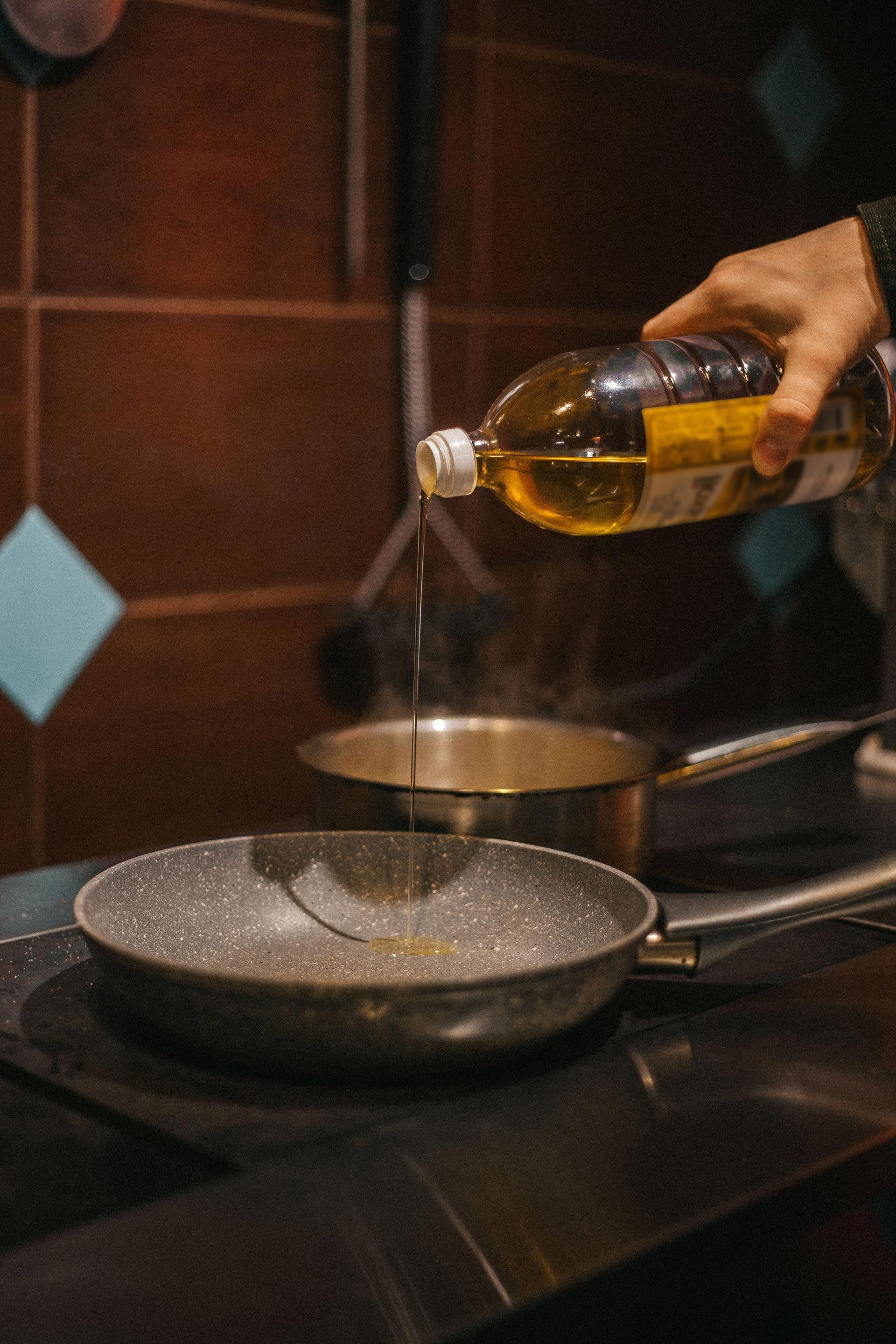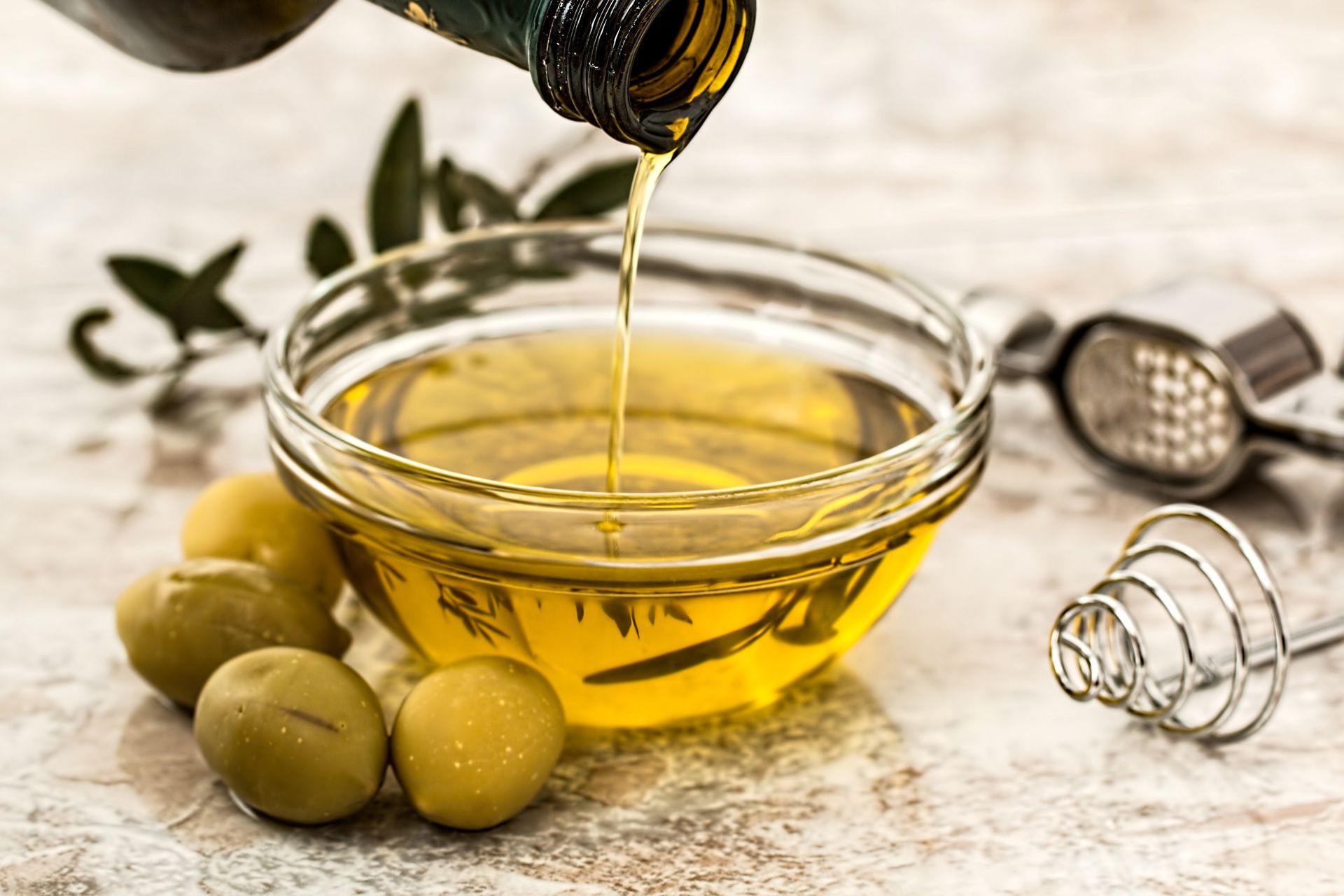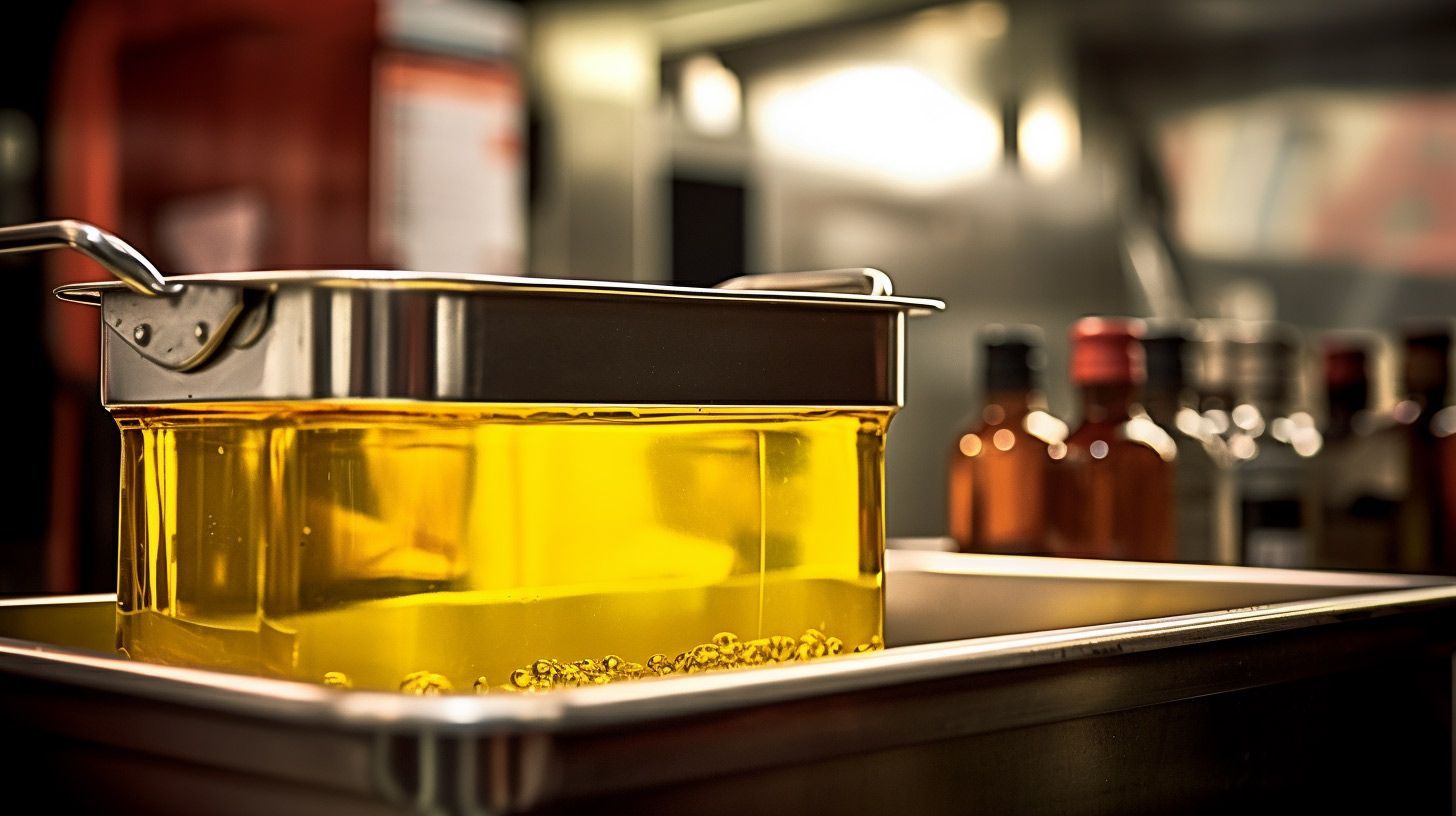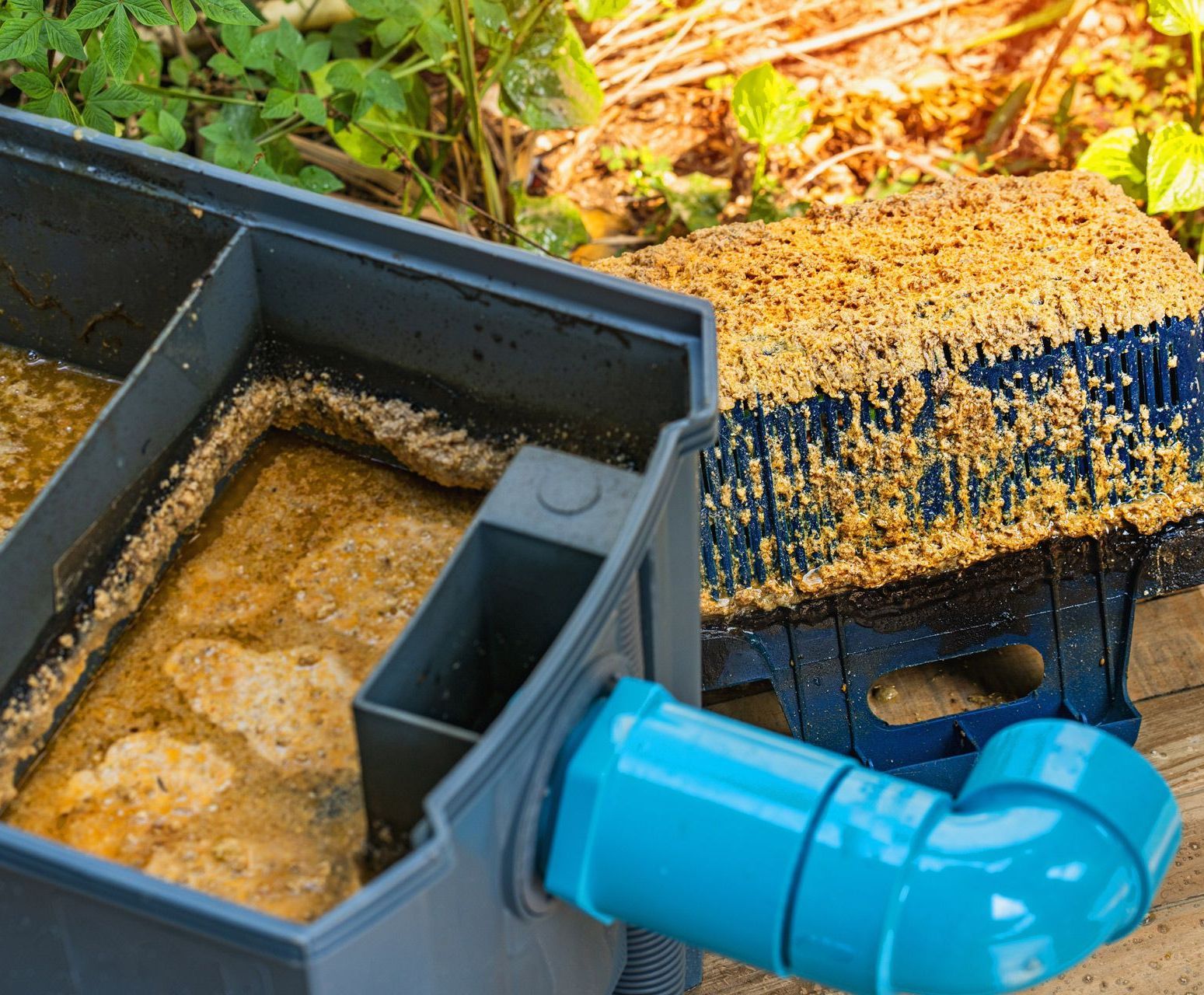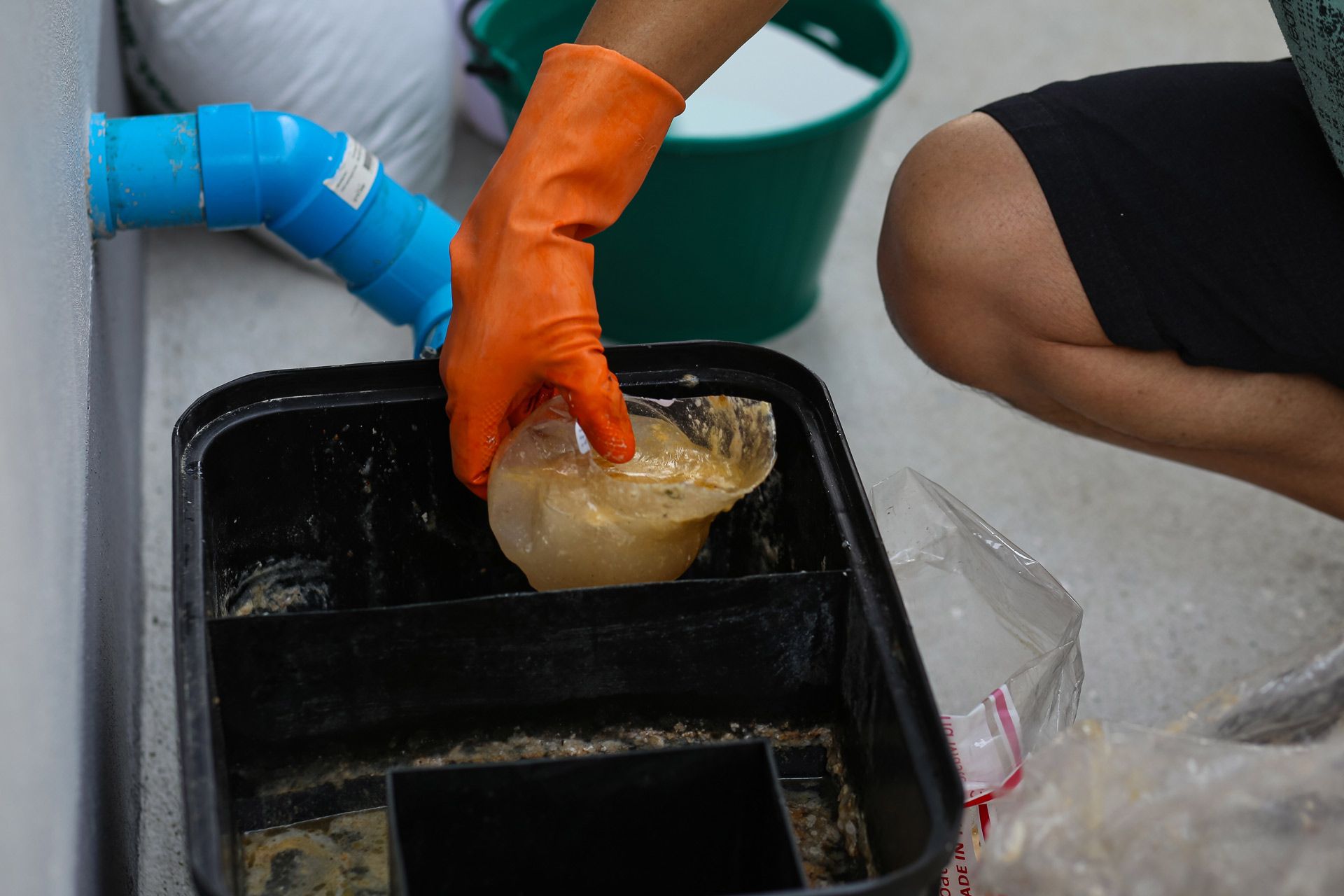Restaurant Grease Removal Near Me: Grease to Green
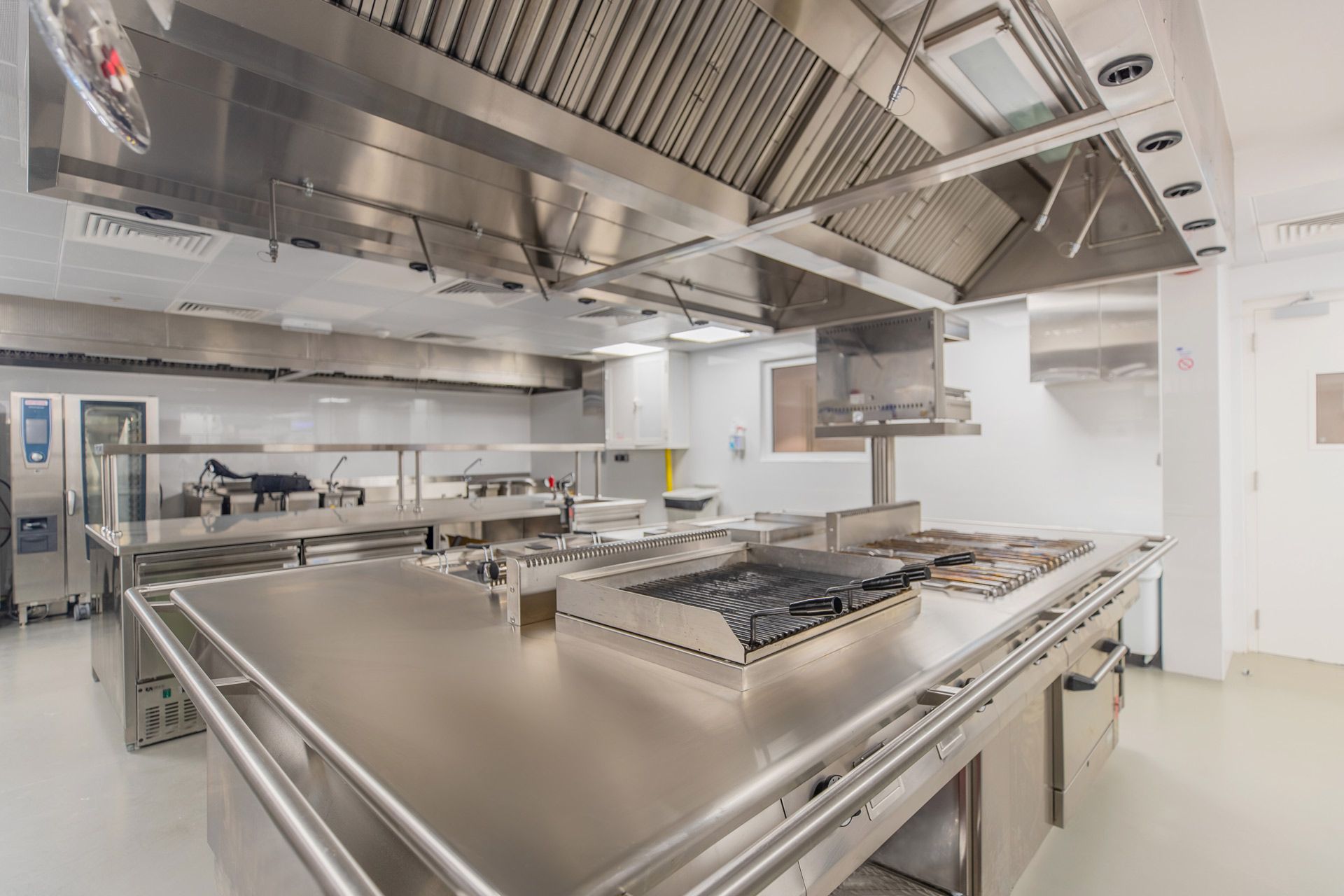
Fried chicken, fries, onion rings– you name it, don’t we just love deep fried foods?
The not-so-good part is the aftermath.
It leaves us with a responsibility, which is to deal with a lot of cooking oil that we should properly dispose of or recycle.
While it may require more effort to do it the right way, the good news is, it can offer an additional revenue stream or cost savings.
Not only that, we can also mitigate some environmental concerns and turn this inevitable waste into a resource.
With a reliable restaurant grease removal near you, it’s a step ahead towards eco-success and leveling up your kitchen’s efficiency.
Interesting, right?
From home cooks to restaurant owners or managers, this one's for you.
In this blog, we will simply cover the ‘why’ and ‘how’ to recycle, to connect you with local cooking oil collection or recycling service and some considerations to consider in choosing. And lastly, to give you an idea of this transformative process.
Environmental Impact of Improper Cooking Oil Disposal
To people who work in the food industry, and everyone who has the key to our hearts through our stomachs:
You have the power to make a positive impact on the environment.
It all starts with what you do with used cooking oil.
Here's why it's important and what you can do about it:
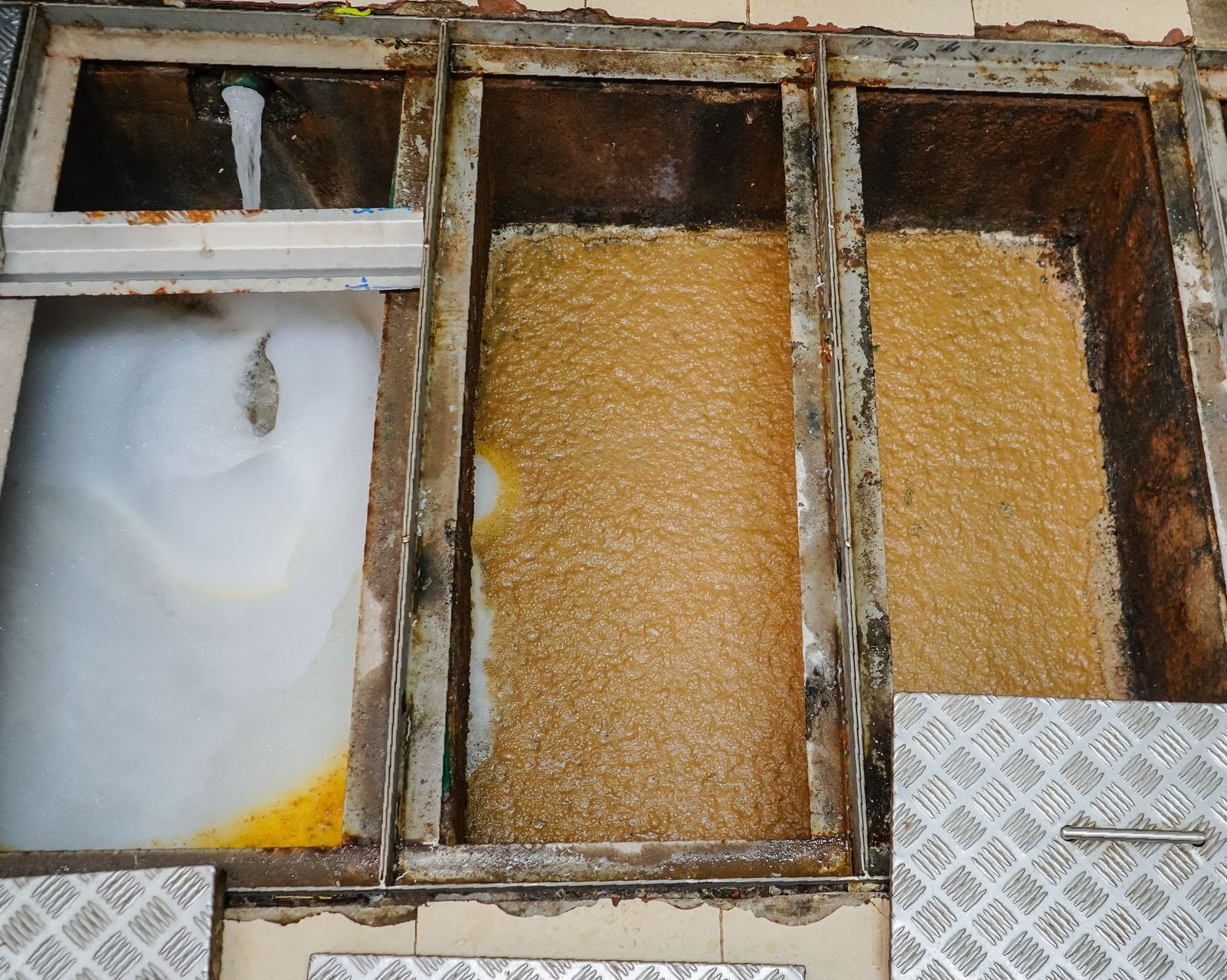
Clogged Pipes, Blocked Sewers
The Problem: When oil is poured down the sink, it cools and hardens, leading to clogged pipes and blocked sewers. This not only creates plumbing problems for your restaurant but can also cause overflows and environmental damage.
What You Can Do: Set up a separate bin for liquid waste. Work with a recycling service to collect and convert it into biofuel or other products.
Oil in Our Oceans
The Problem: Oil that's thrown in the trash can end up in landfills and then seep into the ground, reaching waterways and eventually oceans. It forms a film that disrupts marine ecosystems.
What You Can Do: Partner with a local waste oil collection company. They can take your used oil and make sure it's processed correctly, keeping it out of our oceans.
Wildlife at Risk
The Problem: Animals can mistake oil for food, which can be toxic and deadly. Oil spills from improper disposal methods can have the same effects as major oil spill disasters.
What You Can Do: Implement strict protocols in your kitchen for oil disposal. Educate your staff on the importance of these measures to protect wildlife.
A Drain on Resources
The Problem: Producing oil takes a lot of resources. When we throw it away, we're not just wasting the oil—we're wasting all the energy and water that went into making it.
What You Can Do: Reduce the amount of oil you use and find ways to reuse it wisely in the kitchen. When it's no longer good for cooking, make sure it's collected for recycling.
Better Air Quality
The Problem: Burning used cooking oil incorrectly can release harmful pollutants into the air, affecting both outdoor and indoor air quality.
What You Can Do: Use proper ventilation systems and ensure your used oil is collected for safe disposal or recycling, so it doesn't contribute to air pollution.
Community Impact and Your Business
The Problem: How your business handles waste can affect your community's environment and how your customers view your restaurant.
What You Can Do: Be transparent about your waste management practices. Share your efforts on your menus, website, and social media to let your customers know you're environmentally conscious.
Remember, by making small changes in how you handle cooking oil, you're not just making a difference – you're creating a better, more sustainable future for everyone.
The way your restaurant disposes of cooking oil can have a far-reaching impact on the environment. By taking action, you can prevent pollution, protect wildlife, and conserve valuable resources.
You may ask, “What’s in it for me? Is it worth it?”
Benefits of Recycling Used Cooking Oil
Revenue: Collection services pay for used cooking oil based on volume. Even if the payment isn't substantial, it's an additional revenue stream that turns waste disposal into a financially beneficial arrangement.
Cost Savings: Disposing of used cooking oil through a recycling service can save you money compared to other waste disposal methods. If you were to dispose of it without recycling, you might have to pay for waste oil to be taken to a landfill or handled in another way that complies with local regulations.
Compliance with Regulations:
Proper disposal of used cooking oil is required by law in many jurisdictions. Using a professional service ensures that you are in compliance with these laws and can avoid potential fines and legal issues.
Convenience and Efficiency: Recycling services handle the collection and disposal process, saving you time and effort. This convenience means you and your staff can focus on the daily operations of your restaurant rather than worrying about waste oil management.
Environmental Impact: By recycling your used cooking oil, you're contributing to the production of biodiesel, which is a cleaner alternative to fossil fuels. This reduces your business's carbon footprint and can be part of your sustainability initiatives, which can be attractive to customers.
Marketing and Public Relations:
Participating in recycling programs can be good for your restaurant’s image. Customers increasingly prefer businesses that demonstrate a commitment to environmental sustainability. You can market your restaurant as one that cares about and acts to protect the environment, which may draw in more business.
Cleanliness and Maintenance: Regularly scheduled oil collection helps keep your premises clean and reduces issues associated with oil storage, such as odors, spills, and unsanitary conditions. It also means less wear and tear on your own disposal or sewer systems, potentially reducing maintenance costs.
Partnerships and Community Relations: Often, recycling companies are part of a larger network of local environmental or business initiatives. Working with them can sometimes lead to beneficial partnerships and enhanced community relations.
In summary, while the biofuel produced from your restaurant's used cooking oil may not directly power your operations, the long-term effects of recycling pays off (literally and figuratively).
Now that we have covered about the impact you can make and its advantages, here is a walkthrough on used cooking oil preparation for collection:
How to Properly Store Used Cooking Oil for Collection
Storing used cooking oil properly is important to avoid spills and odors, and to make the collection process efficient and sanitary.
Here’s an easy-to-follow guide:
1.
Cool Down the Oil:
Safety First: Always allow the cooking oil to cool down completely before attempting to store or handle it to prevent burns and accidents.
2. Choose the Right Container:
Use a Sturdy Container: Select a container with a tight-fitting lid, such as a plastic jug or metal canister, that can securely hold the oil without leaking.
Clearly Label the Container: Mark it clearly with "Used Cooking Oil" to avoid any confusion with fresh oil or other substances.
3. Filter Out Solids:
Remove Food Particles: Strain the oil through a fine mesh or cheesecloth to remove food particles. This helps prevent spoilage and reduces odors.
4. Store in a Cool, Dark Place:
Avoid Sunlight and Heat: Store the container in a cool, dark place away from direct sunlight, which can accelerate the spoilage of the oil.
5. Keep the Container Sealed:
Tight Lid: Ensure the container lid is tightly closed when not in use to prevent spills, odors, and contamination.
6. Regular Collection:
Schedule Pickups:
Set up regular collection times with a local recycling service to avoid accumulating large amounts of oil.
7. Safe Location:
Accessible Area: Place the container in an area that is easily accessible for collection but out of the way of normal activity to avoid tipping or tripping over it.
8. Large Quantities:
Use Multiple Containers: If you produce a lot of used oil, it may be practical to use several smaller containers rather than one large one, for ease of handling.
9. Be Mindful of Regulations:
Check Local Guidelines: Some areas may have specific regulations about how to store and dispose of used cooking oil, so it’s wise to check with local waste management authorities.
10. Don’t Mix Oils:
Separate Types: If you use different types of oil, keep them separate when storing, as they may have different recycling processes.
11. Educate Household Members:
Inform Your Family: Make sure all members of your household know the procedure for disposing of cooking oil to ensure everyone follows the same protocol.
12. Avoid Water Contamination:
No Water in the Container: Ensure that no water gets into the storage container, as this can create an environment where bacteria can thrive.
Properly storing used cooking oil not only makes the recycling process more effective.
It also contributes to a cleaner and safer home environment.
By following these practices, Idaho residents can ensure that their cooking oil is ready for collection.
If you are now convinced of joining the initiative of turning waste to something useful:
Tips in Choosing Cooking Oil Collection Service Provider in Boise, ID
Local vs. National
Local: may provide more personalized attention and can be more responsive to your specific needs.
National: might offer broader resources and potentially better pricing due to scale but may be less flexible.
Licensing and Compliance
- Ensure the company is properly licensed to collect and transport used cooking oil.
- Check that they follow all local, state, and federal regulations for oil collection and disposal.
Environmental Practices
- Verify the company’s commitment to environmentally responsible practices.
- Inquire about their processing methods - do they convert the oil into biofuel or dispose of it in another environmentally friendly way?
Collection Equipment
- Evaluate the cleanliness and maintenance of the equipment they use for collection.
- Consider the size and type of containers provided and whether they are suitable for your restaurant's output and space.
Cost
- Compare prices among different services to find the best value.
- Understand the contract terms, if applicable, and ensure there are no hidden fees.
Response Time and Customer Service
- Choose a service that offers prompt customer support and services.
- Look for reviews or ask for references to ensure they have a good reputation for customer service and responsive action for any issues or emergencies.
Value-Added Services
- Some companies offer additional services such as cleaning the grease trap, which could be beneficial.
- Consider if the company provides a rebate or compensation for the amount of oil collected.
Insurance and Liability
- Ensure the company carries adequate insurance in case of spills or accidents during collection.
- Determine their policy and protections in place if a spill occurs on your property.
Record Keeping
A professional service should provide documentation for each collection, which can be necessary for your records, regulation compliance, and potential rebates.
Safety and Training
- Assess the training provided to the service personnel in handling and transporting hazardous materials.
- Good training helps prevent spills and accidents and ensures safe handling procedures are followed.
Service Frequency and Reliability
- Frequency of service should align with your restaurant’s needs to prevent overflow or emergency situations.
- The service should be reliable and consistent, with a schedule that ensures your used oil is collected regularly without prompting.
When researching and selecting a service, it may be helpful to ask for bids or proposals from multiple companies to compare what each offers.
It's also wise to keep abreast of local waste oil regulations to make sure any service you choose is adhering to current standards.
By carefully considering these factors, you can select a cooking oil collection service that will best meet the needs of your restaurant and support your commitment to sustainable practices.
Cooking Oil Collection Service in Boise, ID
If you have reached this part of the blog, we also offer cooking oil collection service in Boise, ID. You may contact us by
clicking here.
If you have chosen us, you can expect:
Cooking Oil Collection Process: The Eco of Idaho Way
Eco of Idaho employs a streamlined and efficient process for the collection of cooking oil, ensuring a hassle-free experience for our clients. Here is an overview of our cooking oil collection process:
Step 1. Scheduled Pick-ups
We understand the importance of regular and reliable service. We work closely with our clients to establish convenient pick-up schedules that align with their operational needs. Whether it's daily, weekly, or on a customized schedule, our team ensures that used cooking oil is collected promptly and efficiently.
Step 2. Secure Containers
To facilitate the collection process, we provide our clients with secure containers specifically designed for storing used cooking oil. These containers are durable, leak-proof, and labeled appropriately to ensure proper handling. Our team carefully empties these containers during each visit, minimizing the risk of spills or leaks.
Step 3. Trained Professionals
Our collection team consists of trained professionals who are experienced in handling used cooking oil safely and efficiently. They are equipped with the necessary tools and protective gear to ensure the collection process is carried out smoothly and in compliance with safety standards.
Step 4. Compliance and Regulation
We understand the importance of adhering to local, state, and federal regulations governing the collection and transportation of used cooking oil. Our team is well-versed in these regulations and ensures that all collection activities are conducted in full compliance. This helps our clients avoid any potential legal or environmental liabilities.
Step 5. Environmental Responsibility
Eco of Idaho is committed to environmental sustainability. By collecting used oil, we prevent it from being improperly disposed of or ending up in landfills, which can have detrimental effects on the environment. Our responsible collection process ensures that the oil is safely transported for recycling, promoting a circular economy.
Here's what happens to collected used cooking oil…
The Transformation of Used Cooking Oil into Biofuel
Understanding this last part may further encourage you or anyone you know to view their waste as something valuable. Let us first understand what biofuel is, then we will go over some processes of turning grease into green.
Understanding Biofuel
Biofuel is a form of renewable energy derived from organic materials. When we talk about converting cooking oil into biofuel, we're referring to a process that changes waste oil into biodiesel — a cleaner-burning fuel that can power diesel engines.
Collection and Cleaning
The first step is collecting the used cooking oil from restaurants. Instead of letting it clog our sewers or endanger marine life, specialized companies pick up the oil, saving the environment and providing restaurants with a hassle-free disposal solution.
Once collected, the oil must be cleaned of food particles and other contaminants. This is done through a filtration process, ensuring that the oil is pure enough for biofuel production.
The Chemical Process
After cleaning, the oil undergoes a chemical reaction known as transesterification. This process involves reacting the oil with an alcohol (usually methanol) and a catalyst. It results in the production of biodiesel and glycerin, a byproduct that can also be used in various industrial applications.
Benefits of Biodiesel
Biodiesel burns cleaner than petroleum diesel, reducing greenhouse gas emissions and particulate pollution. It's a win-win for restaurant owners and the environment: businesses can reduce their carbon footprint, while simultaneously disposing of waste oil responsibly.
Quality and Standards
High-quality biodiesel meets strict industry standards before it can be sold and used. The finished biodiesel is tested to ensure it's safe for engines and provides an efficient alternative to fossil fuels.
The Market for Biodiesel
The demand for biodiesel is growing as more companies seek sustainable energy sources. By supplying used oil for biodiesel production, restaurants can be part of a supply chain that supports the environment and innovation.
Wrap-Up
Every drop of used cooking oil carries the potential to nurture or harm our environment. Consider getting cooking oil collection service in this way:
You're not just getting rid of waste — you're contributing to a cleaner, more sustainable future for all.
And if you are already one of then, the environment and the community thanks you for your effort towards a greener future!
Send us a Message
We will get back to you as soon as possible
Please try again later
Contact Information
Phone: (208) 867-4607
Email: info@ecoofidaho.com
Address: 1990 S Cole Rd, Boise, ID 83709, United States of America


